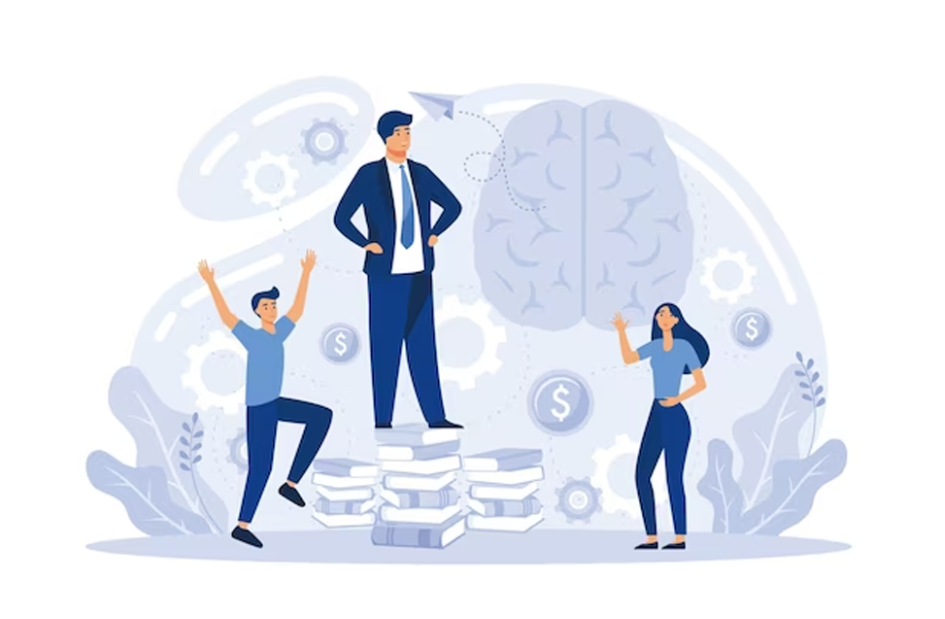Debt can have a significant impact on our mental and emotional well-being. Understanding the psychology of debt can help you take control of your finances and improve your relationship with money. Here’s what you need to know.
Shame and Guilt
Debt can often lead to feelings of shame and guilt. This is especially true if you’ve taken on debt due to overspending or financial mismanagement. It’s important to remember that debt is a common issue that many people face, and there’s no need to feel ashamed or guilty about it. Instead, focus on taking action to improve your financial situation.
Anxiety and Stress
Debt can also lead to anxiety and stress. Constantly worrying about debt payments can be overwhelming and lead to feelings of hopelessness. It’s important to recognize when your debt is causing you stress and take steps to address it. This may involve creating a budget, seeking financial counseling, or exploring debt relief options.
Lack of Control
Debt can make us feel like we’re not in control of our finances. This lack of control can be frustrating and lead to feelings of helplessness. It’s important to remember that you can take control of your finances by creating a budget, reducing expenses, and paying down debt. By taking action, you can regain control and feel more empowered.
Fear of Missing Out
The fear of missing out, or FOMO, can lead to overspending and taking on debt. This can be especially true with social media, where we’re constantly exposed to images of our friends and peers living seemingly perfect lives. It’s important to recognize when FOMO is leading you to overspend and make conscious decisions about your spending.
Self-Worth
Debt can also affect our sense of self-worth. We may feel like we’re not good with money or that our debt makes us a failure. It’s important to separate your self-worth from your financial situation. You are not defined by your debt. Focus on taking action to improve your financial situation and remember that your self-worth is not determined by your bank account.
In conclusion, the psychology of debt is complex and can have a significant impact on our mental and emotional well-being. By understanding the emotions and behaviors that contribute to debt, we can take control of our finances and improve our relationship with money. Remember, debt is a common issue that many people face, and there’s no need to feel ashamed or guilty about it. With the right mindset and action, it’s possible to achieve financial freedom and live a fulfilling life.
